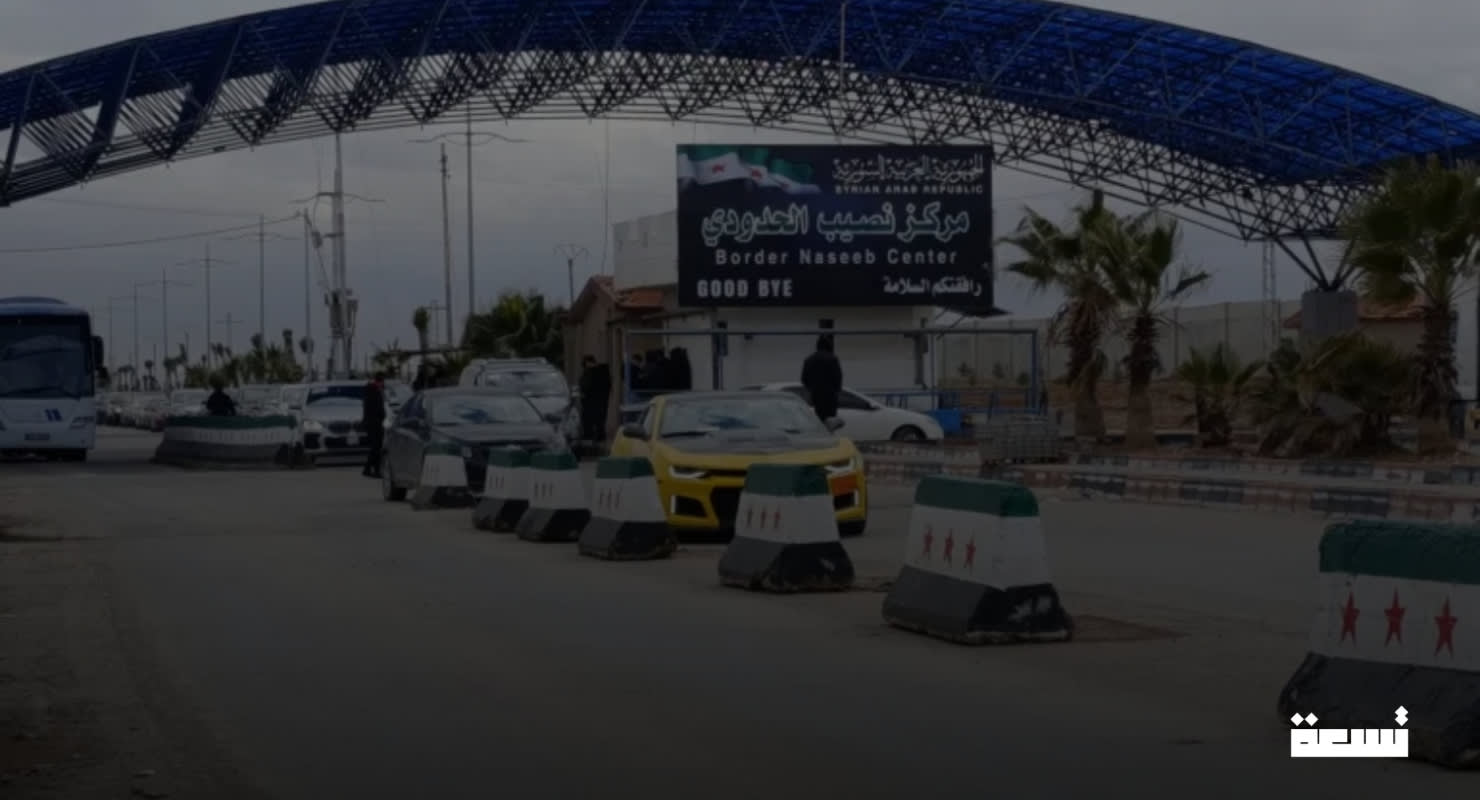Jordan: Exemption of Syrian refugees from some customs duties incurred on transporting their belongings back to their homeland.

The decision was part of a package of decisions by the Jordanian Cabinet, including exempting Syrian refugees from some customs duties related to transporting their belongings back to their homeland and exempting the customs declaration "AR9".
The customs declaration "AR9" involves adding fees and stamps on shipping companies for transporting goods to free zones or for their disposal.
The Jordanian Minister of State for Media Affairs and Government Spokesperson, Mohammed Momani, stated on Tuesday, February 4, that the Cabinet decided to exempt Syrian refugees from some customs duties to facilitate their voluntary return to their homeland.
Momani added that Jordan's position regarding the voluntary return of Syrian refugees is clear, considering that the supportive environment in Syria can encourage Syrians in Jordan to return voluntarily.
Momani was quoted by "Al Mamlaka" channel during a press conference, saying that Jordan's relationship with Syria is "brotherly and deeply rooted," explaining that Amman has made its resources available to assist Syrians in transitioning effectively and strongly, according to him.
Momani considered that the security, stability, and territorial integrity of Syria are of paramount strategic interest to Jordan, linking what he called the increase in the immunity and strength of the Syrian state and its institutions to positive repercussions on Jordan due to their neighboring relationship.
He said: "The more control there is on the Syrian side of the border, the less drug and weapon smuggling, which Jordan has been suffering from for years."
44,000 Syrians have returned
More than 44,000 Syrians have voluntarily returned to their country through the "Jaber-Nasib" border crossing between Syria and Jordan, as announced by the Jordanian Interior Minister, Mazen Al-Faraya.
The Jordanian Interior Minister stated that the crossing is witnessing active shipping movement and increased cooperation between the Jordanian and Syrian sides, as reported by the Jordanian "Al Mamlaka" channel today, Tuesday, March 4.
Al-Faraya added after his visit to the "Jaber" border crossing that the Jordanian government has allocated 3.7 million dinars to develop the yards and logistical services at the center as part of a comprehensive plan to enhance border crossings.
Jordanian-Syrian relations have seen progress following the fall of the previous Syrian regime, as King Abdullah II of Jordan received the Syrian President for the transitional phase, Ahmed Al-Sharaa, in the Jordanian capital, Amman, on February 26.
During the visit, the Jordanian King affirmed his country's support for Syria in reconstruction, through a process in which the Syrian people participate with their components, ensuring the unity, security, and stability of Syria.